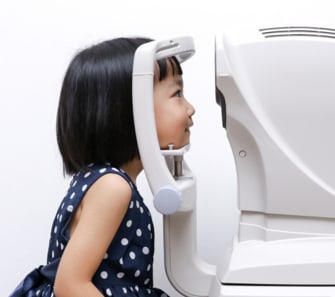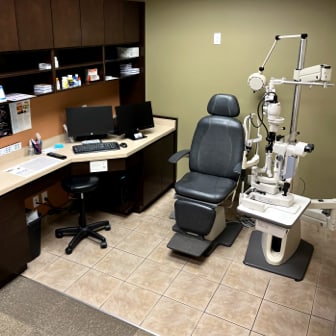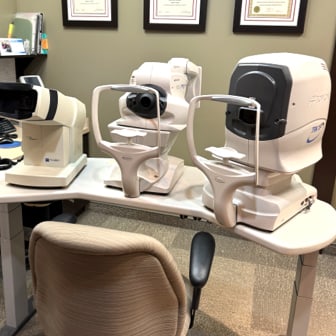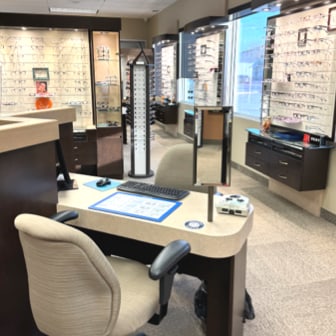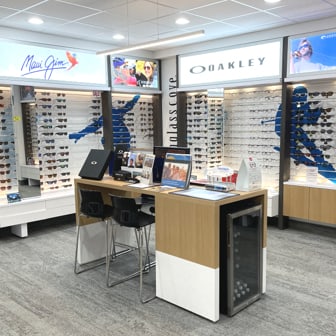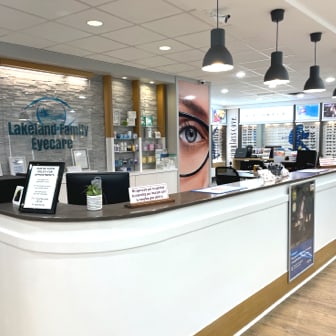Lasik (laser eye surgery) is a type of refractive surgery performed by an Ophthalmologist. It stands for laser-assisted in-situ keratomileusis. This form of treatment is well studied and has proven to be an effective treatment option for patients with Myopia, Hyperopia, and Astigmatism.
Lasik can be a permanent alternative to eyeglasses and contact lenses, depending on the type of eye condition being corrected. It is an excellent option for those who struggle with allergies or hate dealing with contacts lenses.
Reading eyeglasses may be required by some patients, especially after the age of 40 (due to the natural ageing process).
How Does Lasik Work?
Lasik surgery is performed by a specially trained eye surgeon, known as an Ophthalmologist. Patients are awake for this procedure and will receive numbing eye drops. Most patients are unable to sense the device used to keep their eyelids open, and do not usually feel any pain during the procedure itself.
For the procedure, a laser is used to create a precise and thin corneal flap (blurring your vision during the procedure only). The surgeon pulls this flap back to expose the cornea and then uses an excimer laser to reshape the cornea tissue (stroma).
The eye flap is put in place with special instruments, and the healing process begins immediately. If you are having lasik surgery, you can expect the procedure to be less than half an hour.
What Happens After Lasik?
After the procedure is completed, you can expect your eyes to feel a bit irritated or have a burning sensation. They may also water. Eye drops (antibiotic and steroidal) will be prescribed and are applied for about one week.
Most patients can expect to have improved vision within 24 hours.
Is Lasik Surgery Right for Me?
A myriad of factors will be considered by our Optometrist when determining if you are a good surgery candidate for lasik. Lasik is typically not an option for those that find their eyeglasses and contact lens prescription still changing.
Patients that have thin corneas or certain medical and eye conditions, like dry eyes, may not be ideal surgery candidates either.
If you would like to know if you are an ideal lasik candidate, book an eye exam to find out.











